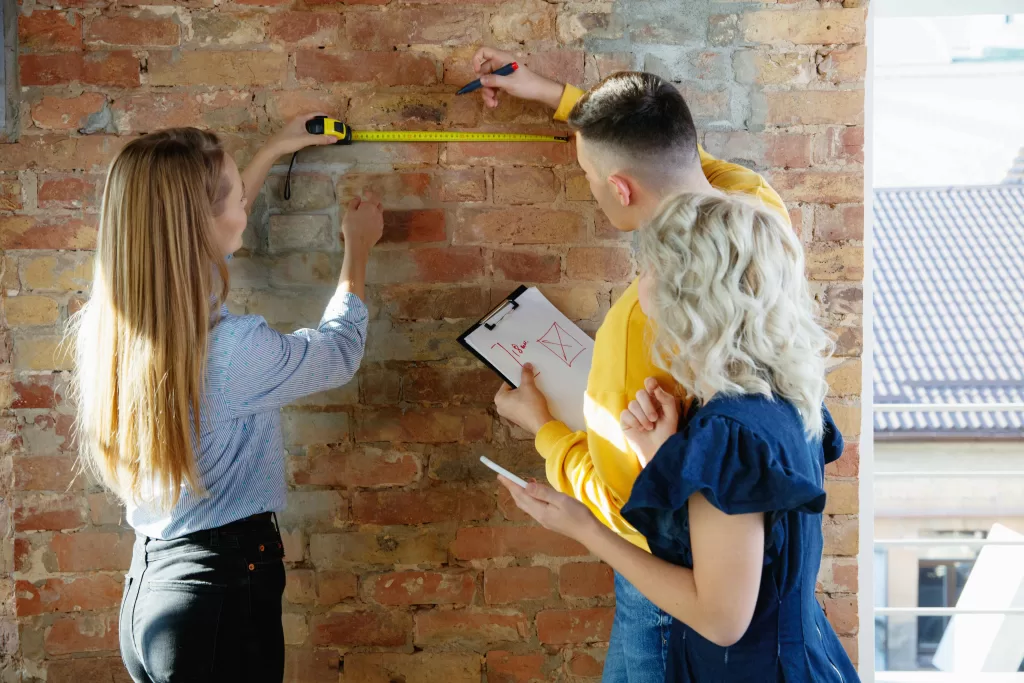
When selling a house, experienced real estate agents often recommend a thorough home inspection to uncover potential issues that might affect the sale. Home inspectors focus on various areas of the property, including structural integrity, electrical systems, plumbing, HVAC systems, and safety hazards. This comprehensive evaluation ensures the home is safe, functional, and ready for potential buyers.
When inspecting a house for sale, the structural integrity is carefully examined to ensure the home is secure for future occupants. Inspectors focus on the foundation, checking for cracks or signs of shifting that may indicate hidden problems. Walls are inspected for bowing, bulging, or water stains, which could signal structural concerns. Roofs are reviewed for missing shingles, water damage, or other issues affecting their durability.
Windows and doors are tested to ensure they open and close correctly, as misalignment can indicate structural instability. Floors are checked for unevenness or sloping, which might reveal settling. Inspectors also scrutinize the attic and basement for adequate insulation, ventilation, and water intrusion. By analyzing these critical components, inspectors provide potential buyers with a clear understanding of the home’s structural condition.
The electrical systems in a house must meet safety and functionality standards. Inspectors examine the electrical panel, ensuring it adheres to regulations and can handle the home’s electrical demands. Wiring, outlets, and switches are checked for wear, overheating, or other fire risks. Ground Fault Circuit Interrupter (GFCI) outlets in kitchens and bathrooms are tested for proper function, as they are essential for moisture-prone areas.
The grounding system is reviewed to ensure it complies with safety standards, reducing the risk of electrical shocks. Inspectors also assess the condition and type of wiring throughout the house to determine if upgrades are necessary to meet modern energy requirements. These evaluations give buyers confidence in the home’s electrical safety and reliability.
Plumbing systems and potential water damage are critical areas of concern during a home inspection. Inspectors evaluate the main water line for leaks, corrosion, or blockages. In kitchens and bathrooms, faucets, sinks, showers, and toilets are examined for functionality and leaks. The water heater is inspected for age, condition, and safety features to determine its reliability.
Drainage systems are checked for efficiency in removing wastewater without obstructions. Inspectors also look for water stains on walls, ceilings, and floors, which may indicate past leaks or ongoing plumbing issues. Areas around windows and doors are scrutinized for faulty seals that could allow water intrusion, which can lead to mold and structural damage. This assessment ensures that buyers clearly understand the plumbing system’s condition and potential risks.
Heating, ventilation, and air conditioning (HVAC) systems are essential to a home’s comfort and energy efficiency. Inspectors evaluate the heating system for wear and tear, including the furnace, heat exchanger, and ductwork. The system’s age is noted, and recommendations for upgrades are made if needed to improve energy efficiency.
Air conditioning systems are inspected for proper installation, adequate airflow, and overall performance. Refrigerant levels, condenser coils, and thermostats are checked to ensure optimal operation. Ventilation systems are reviewed to confirm they circulate air effectively and maintain good indoor air quality. Inspectors also assess filtration systems to ensure they can trap dust and allergens. These evaluations help buyers understand the HVAC system’s efficiency and reliability.
Identifying safety hazards is a critical part of any home inspection. Inspectors focus on risks that could compromise the safety of occupants. Electrical hazards, such as exposed wiring, overloaded circuits, or outdated panels, are identified as they can lead to fires if not addressed.
Mold and asbestos are other significant concerns. Mold can cause respiratory problems and worsen allergies, while asbestos poses considerable health risks, including lung diseases. Inspectors also evaluate trip hazards such as uneven floors, loose carpeting, or slippery surfaces, which could lead to injuries. Staircases are checked for secure handrails to prevent accidents. Addressing these issues creates a safer living environment for future occupants.
– What Does Contingent Mean When Buying a House?
– How Does Buying a House Affect Taxes?